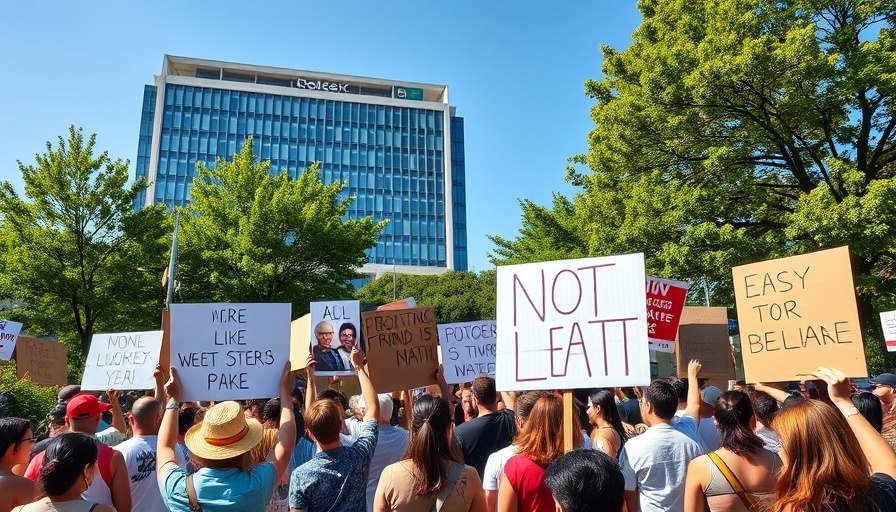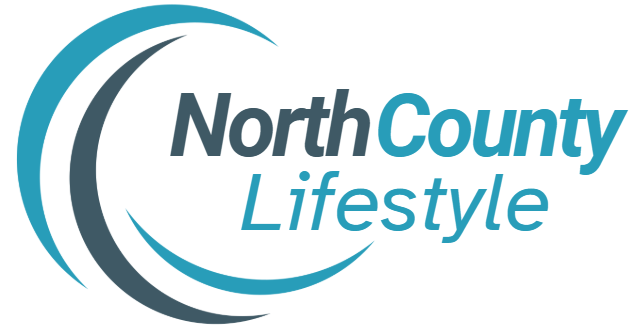
Protests Erupt as University Faces Calls for Representation
In an increasingly polarized world, universities often serve as microcosms for broader societal debates. Recently, the University of California, San Diego (UCSD) found itself at the center of a heated controversy when a group of protestors disrupted a lecture by an invited speaker, leading to a tense exchange between university administrators, students, and free speech advocates.
Understanding the Incident
On the night of the event, a gathering of students protesting the absence of a Palestinian voice in the discussion of Israeli-Palestinian relations confronted attendees at the lecture titled “Israel Today: Threats and Opportunities.” According to reports, the protestors, many of whom were wearing masks, effectively drowned out the speaker, prompting UCSD to issue a statement confirming that the incident is under investigation.
The University’s Policy on Free Speech and Expression
UCSD emphasized its commitment to free expression, outlining the parameters of its time, place, and manner policy enacted in October 2024. This policy allows for expressive activities but ensures they do not interfere with university functions. As students voiced their concerns about representation, it raises important questions about the balance between maintaining order and upholding the freedom to protest.
Students Demand Inclusion and Balance
Prior to the lecture, a group of students wrote an open letter to the administration, requesting a more balanced representation of perspectives at the event. They pointed out that the lack of a Palestinian representative undermined the integrity of the discussion surrounding ongoing humanitarian issues. Their letter stressed the importance of addressing controversial topics with fairness, citing evidence of systemic issues affecting the Palestinian community, from academic perspectives to moral obligations.
The Broader Implications of the Protest
This incident not only illuminates the struggles of universities to navigate complex questions surrounding free speech but also highlights the critical nature of representation in academic discourse. The students’ demands reflect a growing recognition that meaningful dialogue requires inclusivity, especially regarding issues with profound humanitarian implications.
What’s Next? A Call for Constructive Dialogue
As UCSD continues its investigation into the disruptions, it becomes imperative for the university community, including students and faculty, to engage constructively. How can academia foster an environment where diverse viewpoints coexist, and where the voices of marginalized communities are amplified? This challenge calls for collaboration between students, faculty, and administrators, aiming to enhance the educational landscape with varied perspectives in line with the university’s mission to lead with integrity and empathy.
The Community’s Response
Residents of North County San Diego, particularly those interested in both education and human rights, are encouraged to reflect on the implications of these protests. We must consider how higher education institutions can better prepare for dissenting views while promoting respectful and informed discourse.
Your Voice Matters
As a member of this community, your participation is crucial. Explore opportunities to engage in dialogues that address pressing social issues. Attend local forums, workshops, or lectures that discuss diverse perspectives on contentious matters. Participating in these community conversations not only enriches your understanding but also empowers others who may feel unheard.
A Final Thought
The recent events at UCSD serve as a reminder of the importance of fostering inclusivity and representation within academic discussions. Engage with your community to ensure that all voices are heard, promoting a culture of understanding and constructive dialogue.
 Add Row
Add Row  Add
Add 




 Add Row
Add Row  Add
Add 


Write A Comment